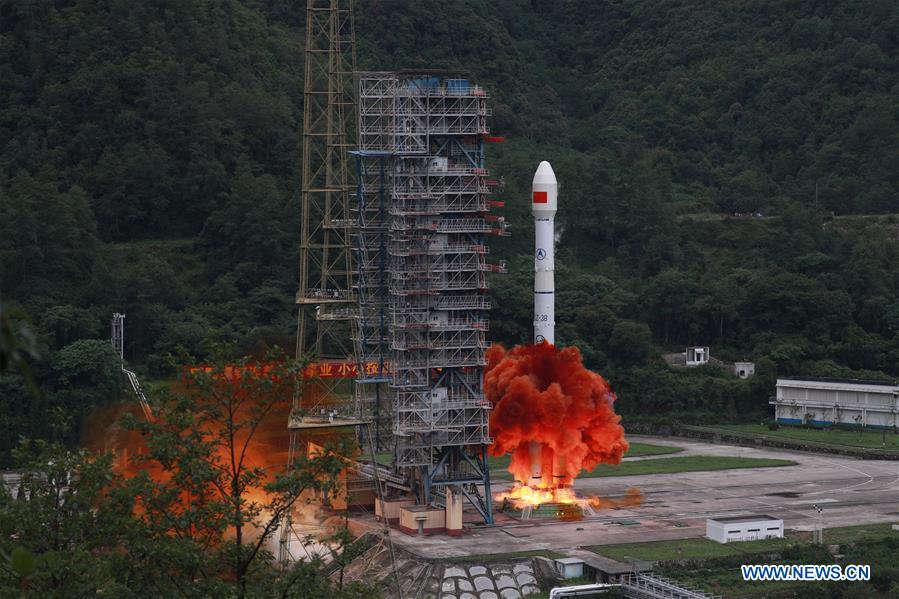
Global Positioning System, or “GPS” as we have come to know it, has become synonymous with location today. Billions of devices, including smartphones, computers and even automotives, are powering their location services via GPS. However, not everyone knows, that the GPS, which is a constellations of 10s of satellites orbiting the earth, is owned by the United States.
In the past decade or so, more and more countries have realised the negatives of over depending on just one geo positioning system globally, and that too owned by the US. As a result, countries such as Japan, India, the United Kingdom have developed and successfully deployed their own location satellites. Today, China has joined that list as well.
Despite having an advanced space program with capabilities of human space travel, China had lagged in deploying a complete constellation of its ‘Beidou’ geo positioning satellites. However on Tuesday, the final satellite was successfully launched, thus fully completing the constellation that has been built steadily over the past two decades.
Here’s what China’s People’s Daily said about the launch, “As the countdown ticked to zero — 9:43 am — at the Xichang Satellite Launch Center in Sichuan province, eight engines on the first stage and four boosters of a Long March 3B carrier rocket spat orange flame as they lifted the 19-story vehicle and satellite into cloudy skies.”
After a period of in-orbit tests, the new satellite will start formal operations and work with other Beidou satellites, allowing users around the globe to access high-accuracy navigation, positioning and timing services according to the China Satellite Navigation Office.
The spacecraft, which was transported by rail to the Xichang center on April 4, was designed and made by the China Academy of Space Technology, a subsidiary of State-owned space conglomerate China Aerospace Science and Technology Corp. Based on the DFH-3B satellite platform, it is designed to work in orbit for at least 12 years.
With this successful launch, China has now completed its constellation of ‘Beidou’ geo-positioning satellites, adding yet another piece to the widening trust deficit between the US and itself. According to Chinese state media, nearly 70% of all Chinese handsets are capable of processing signals from Beidou satellites, which could soon be the new normal atleast in China, considering the ties that the two countries currently share.
In 2000, China launched the first two Beidou satellites to establish an experimental system. In 2003 and 2007, another two experimental satellites were sent up to join the trial run. Beidou’s first mass-production satellite, also the first in its second-generation series, was launched in April 2007. The first two third-generation satellites were launched in November 2017.
The deployment of Beidou’s space-based assets accelerated in the past two years, with 17 launches placing 28 satellites into orbit.
By now, 59 satellites, including the first four experimental ones, have been launched from Xichang on Long March 3Bs, some having since been put into retirement.
There are 30 third-generation Beidou satellites in three types of orbit — 24 in medium-Earth orbits, three in inclined geosynchronous satellite orbits and three in geostationary orbits.
More recently, India too completed its “NAViC” constellation of similar geo positioning satellites. India’s ISRO has also started working with smartphone manufacturers globally to start building support for NAViC within the chipsets of these smartphones.











